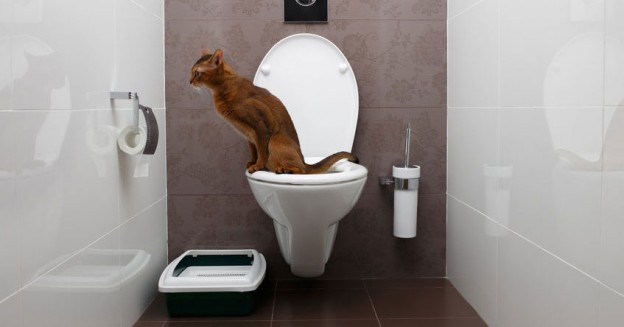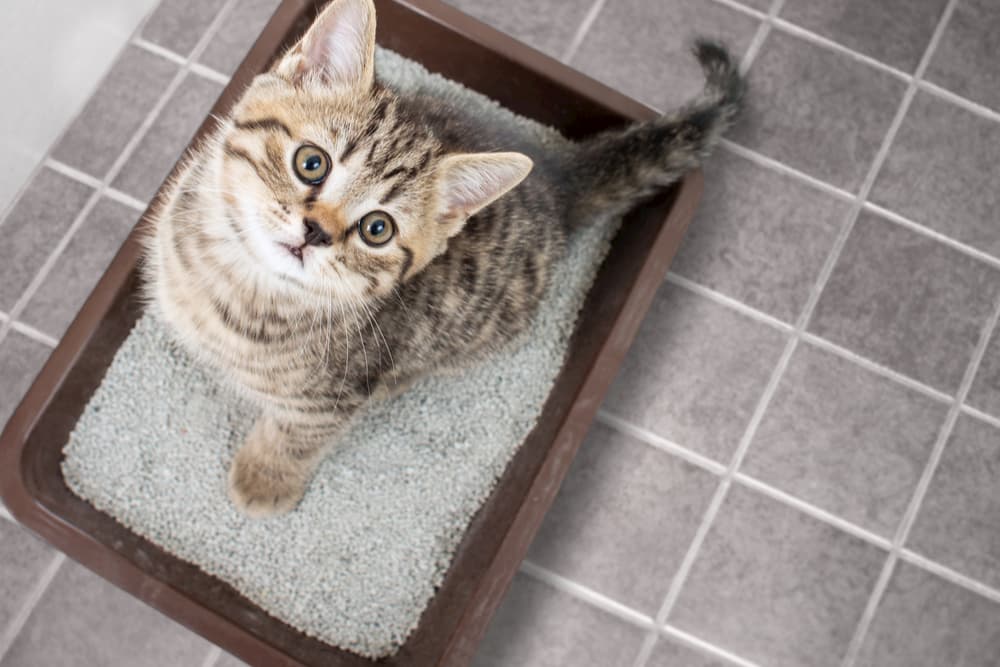The Dangers of Flushing Cat Poop Down Your Toilet - Advice for Safer Handling
The Dangers of Flushing Cat Poop Down Your Toilet - Advice for Safer Handling
Blog Article
How do you feel with regards to Can You Flush Cat Poop Down The Toilet??

Intro
As pet cat proprietors, it's important to be mindful of exactly how we get rid of our feline buddies' waste. While it might seem hassle-free to flush feline poop down the commode, this method can have destructive repercussions for both the setting and human health.
Alternatives to Flushing
Luckily, there are more secure and much more accountable means to deal with feline poop. Take into consideration the following alternatives:
1. Scoop and Dispose in Trash
The most typical approach of dealing with cat poop is to scoop it into a naturally degradable bag and toss it in the garbage. Make sure to make use of a committed clutter inside story and take care of the waste without delay.
2. Usage Biodegradable Litter
Go with eco-friendly feline trash made from materials such as corn or wheat. These litters are eco-friendly and can be securely taken care of in the garbage.
3. Bury in the Yard
If you have a lawn, think about hiding cat waste in an assigned location far from veggie gardens and water resources. Make certain to dig deep sufficient to avoid contamination of groundwater.
4. Install a Pet Waste Disposal System
Buy a family pet waste disposal system specifically made for feline waste. These systems use enzymes to break down the waste, minimizing odor and ecological impact.
Wellness Risks
In addition to ecological issues, purging cat waste can likewise pose health and wellness threats to people. Pet cat feces may include Toxoplasma gondii, a bloodsucker that can cause toxoplasmosis-- a potentially serious ailment, particularly for expecting females and people with weakened immune systems.
Environmental Impact
Flushing cat poop introduces damaging virus and bloodsuckers right into the water system, posturing a substantial threat to marine ecological communities. These impurities can adversely affect marine life and compromise water top quality.
Final thought
Accountable animal ownership expands beyond giving food and shelter-- it likewise entails correct waste management. By refraining from purging pet cat poop down the commode and opting for alternate disposal approaches, we can decrease our ecological impact and protect human health.
Why Can’t I Flush Cat Poop?
It Spreads a Parasite
Cats are frequently infected with a parasite called toxoplasma gondii. The parasite causes an infection called toxoplasmosis. It is usually harmless to cats. The parasite only uses cat poop as a host for its eggs. Otherwise, the cat’s immune system usually keeps the infection at low enough levels to maintain its own health. But it does not stop the develop of eggs. These eggs are tiny and surprisingly tough. They may survive for a year before they begin to grow. But that’s the problem.
Our wastewater system is not designed to deal with toxoplasmosis eggs. Instead, most eggs will flush from your toilet into sewers and wastewater management plants. After the sewage is treated for many other harmful things in it, it is typically released into local rivers, lakes, or oceans. Here, the toxoplasmosis eggs can find new hosts, including starfish, crabs, otters, and many other wildlife. For many, this is a significant risk to their health. Toxoplasmosis can also end up infecting water sources that are important for agriculture, which means our deer, pigs, and sheep can get infected too.
Is There Risk to Humans?
There can be a risk to human life from flushing cat poop down the toilet. If you do so, the parasites from your cat’s poop can end up in shellfish, game animals, or livestock. If this meat is then served raw or undercooked, the people who eat it can get sick.
In fact, according to the CDC, 40 million people in the United States are infected with toxoplasma gondii. They get it from exposure to infected seafood, or from some kind of cat poop contamination, like drinking from a stream that is contaminated or touching anything that has come into contact with cat poop. That includes just cleaning a cat litter box.
Most people who get infected with these parasites will not develop any symptoms. However, for pregnant women or for those with compromised immune systems, the parasite can cause severe health problems.
How to Handle Cat Poop
The best way to handle cat poop is actually to clean the box more often. The eggs that the parasite sheds will not become active until one to five days after the cat poops. That means that if you clean daily, you’re much less likely to come into direct contact with infectious eggs.
That said, always dispose of cat poop in the garbage and not down the toilet. Wash your hands before and after you clean the litter box, and bring the bag of poop right outside to your garbage bins.
https://trenchlesssolutionsusa.com/why-cant-i-flush-cat-poop/

I found that post about How to Dispose of Cat Poop and Litter Without Plastic Bags while doing a lookup on the internet. Are you aware of somebody who is sincerely interested in the subject? Please feel free to promote it. Thank-you for taking the time to read it.
Call Today Report this page